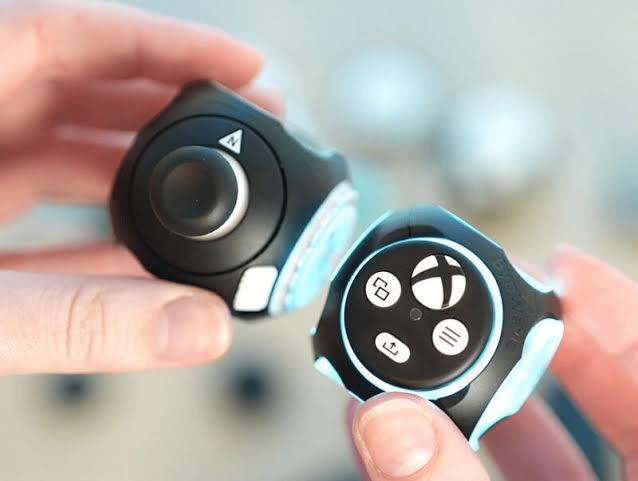As a teacher with over 12 years of experience, I’ve learned that every student approaches learning differently. During my early years of teaching Java and Python, I assumed that a single method of explanation would resonate with everyone. But I quickly discovered that one-size-fits-all rarely works. Some students grasped concepts through visual aids, others through hands-on coding, and a few thrived on detailed theoretical explanations. This realization taught me the importance of adaptability—not just in teaching but in designing systems and tools that cater to individual needs.
That’s why Microsoft’s reimagined Proteus Controller resonates deeply with me. Just as my teaching approach evolved to accommodate diverse learners, this controller is designed to adapt to the unique needs of every gamer.
Microsoft’s Proteus Controller: A Game-Changer
Traditional gaming controllers have served us well, but they’ve also forced players to adapt to a fixed design. Microsoft’s Proteus Controller challenges this decades-old norm by introducing a modular design. Built from individual cubes that can function as buttons, joysticks, or other components, it empowers users to create a layout that suits them best. With over 100 possible configurations, this controller isn’t just about customization—it’s about inclusion.
Why is this important? Think about it. Gamers come in all shapes and sizes:
- Some have larger hands, others smaller.
- Some can only use one hand.
- Others face challenges with finger mobility.
For decades, these gamers have had to compromise, adapting to controllers that weren’t designed with them in mind. The Proteus changes the narrative. Its modularity, paired with remappable software, means anyone can tailor their gaming experience to their specific needs.
Price and Accessibility
At $300(https://www.byowave.com/), the Proteus isn’t cheap, but its potential impact is immense. Gamers with specific needs often spend thousands on custom controllers that don’t always deliver. Microsoft’s entry into this space could drive innovation and competition, ultimately making adaptive gaming technology more accessible.
Takeaway for Engineering Students
The Proteus Controller isn’t just a triumph of design; it’s a lesson in problem-solving and empathy. As future engineers, you’ll be tasked with creating solutions for diverse audiences. The key takeaway? Design with adaptability and inclusivity at the forefront. Whether you’re building software, hardware, or systems, consider the varied needs of your users.
Microsoft’s innovation reminds us that the best solutions don’t force people to adapt—they adapt to people. As you embark on your engineering journey, remember that adaptability isn’t just a feature—it’s a necessity.




Comments
Post a Comment